HELP! How do I explain to my child how friendships actually develop??
by Noriko Abenojar
Feb 18, 2025
Has your child or teen ever said:
"They were my best friends yesterday, but today they don’t want to hang out with me!"
"I thought we were friends, but they ignored me at lunch!"
"I want to be best friends with them, but they don’t seem as excited as I am."
"I'm so confused!"
IF YES, you/they are not alone.
All past newsletters can be viewed at www.NorikoAbenojar.com
Subscribe to the newsletter to receive email notification each time
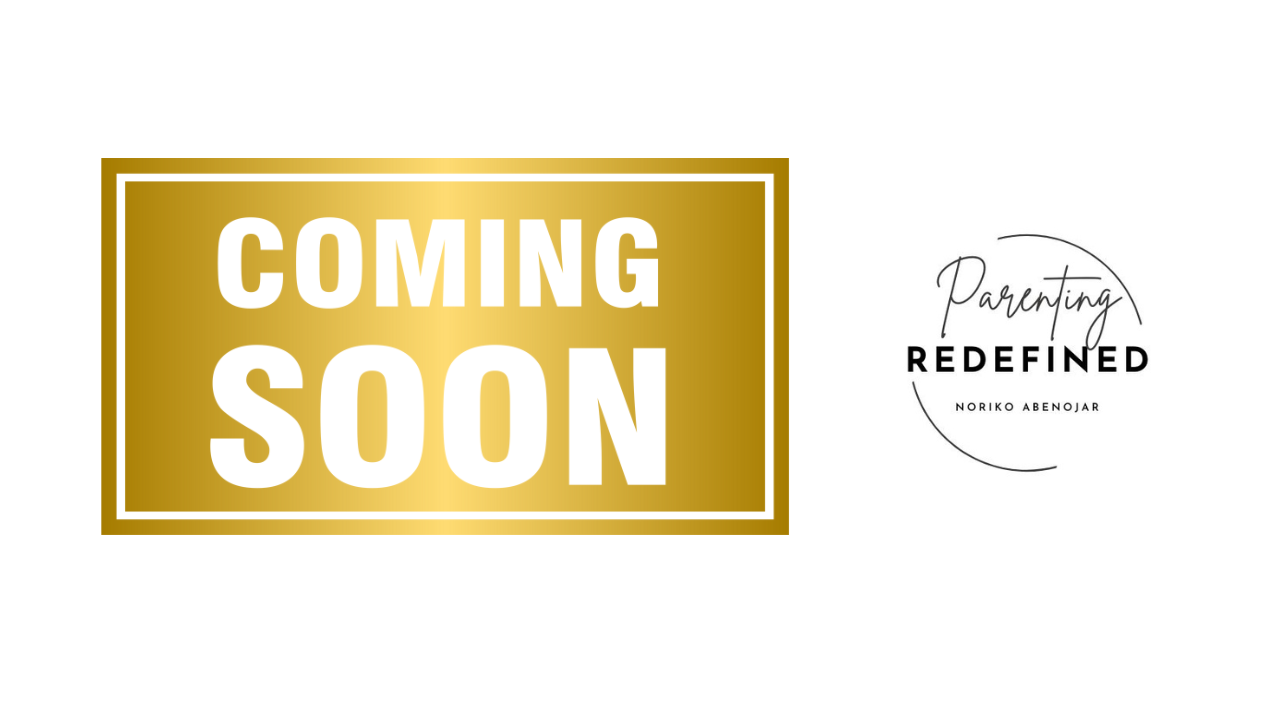
Read below to find out about the upcoming online class!
They might be thinking about friendships in an “all or nothing” way and that can make things more frustrating.
The truth is, friendships happen in stages, just like climbing a staircase.
At school, friendships often start with kids being strangers, then moving to classmates, classroom friends, school friends hanging out at lunch, outside-of-school friends, and, in some cases, best friends. A similar process happens in other settings—whether it’s a sports team, club, or summer camp.
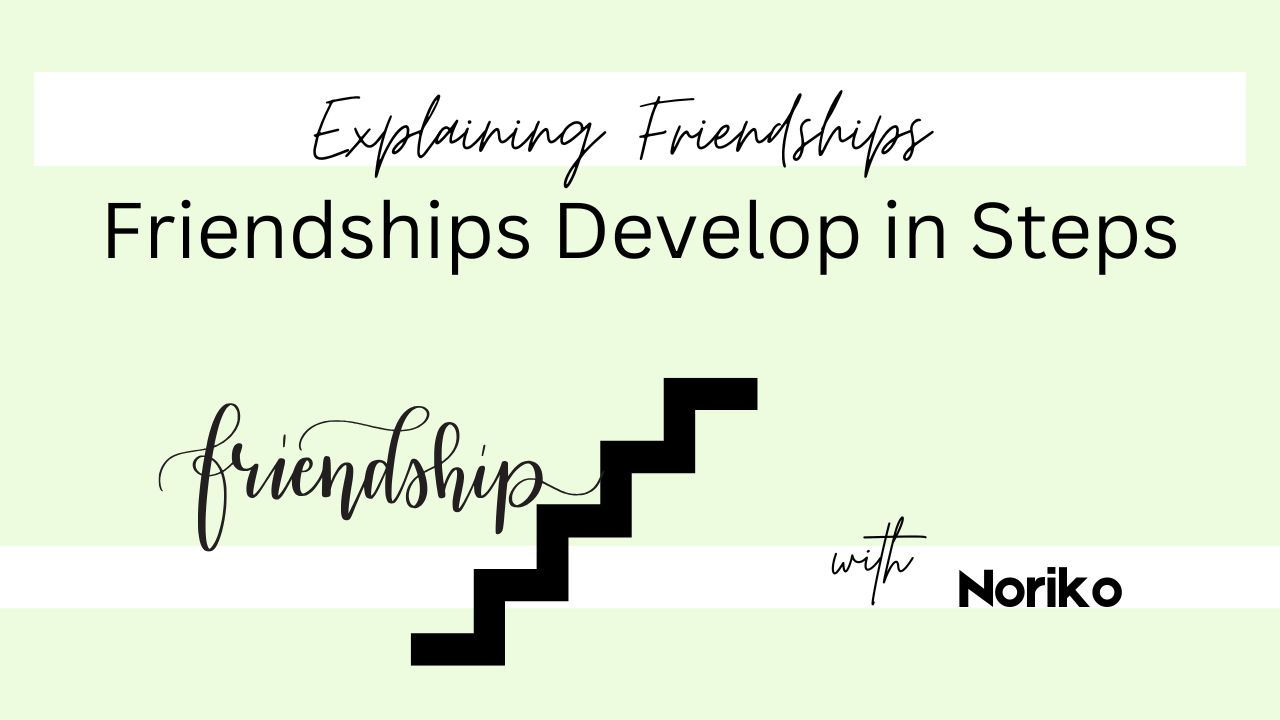
And here are some important points:
-
Friendships can move up and down these steps
-
It is important that both people are on the 'same step'. When they are not, there are a lot of confusions and hurt feelings that develop.
-
To foster a lasting friendship, we want to help them go through each of the steps in the friendship process.
-
Sometimes, kids/teens meet and they immediately say they are best friends (or one says that about the other)
-
This can lead to an abrupt ending of that friendship because it is one-sided or it was not cultivated with real development of the relationship.
-
Developmentally, this is common in younger children. However, even if they start off suddenly, there are ways to help them go back and slow things down, if a lasting friendship is the end goal.

In my upcoming online class, I’ll be sharing 4 simple visual tools that will help YOU, the parent, talk to your child about how friendships develop and how they change over time.
With these tools, you will feel equipped to have these conversations with your child in a way that they can understand.
This will be geared for parents of children whose social and emotional developmental age is approximately 5 -15 years old.
Let me know you are interested by clicking below!
I will be sure to send you the information when registration is open.
I can’t wait to share more with you soon!
Noriko Abenojar
Noriko Abenojar, MSW PPS
Parenting REdefined
www.SocialAndCognitiveLearningCenter.com
Instagram: @NorikoAbenojar
Facebook: Parenting REdefined by Noriko Abenojar MSW PPS
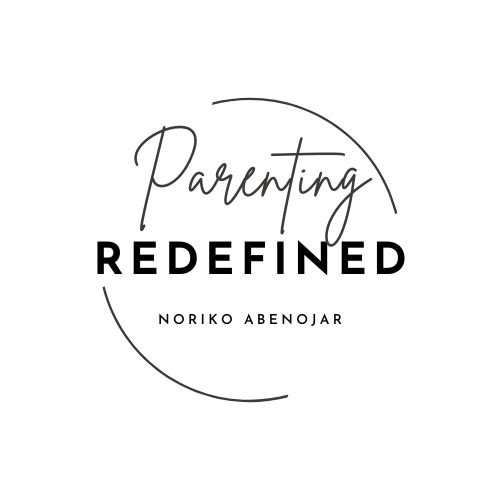
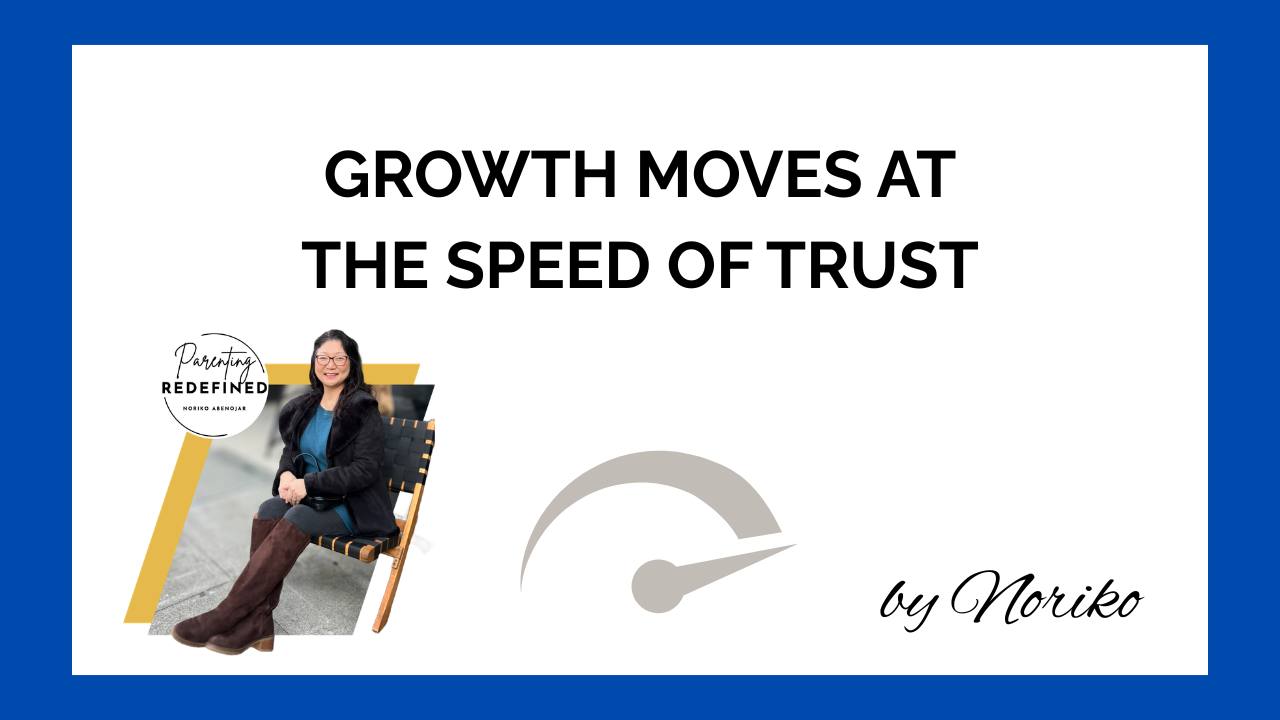
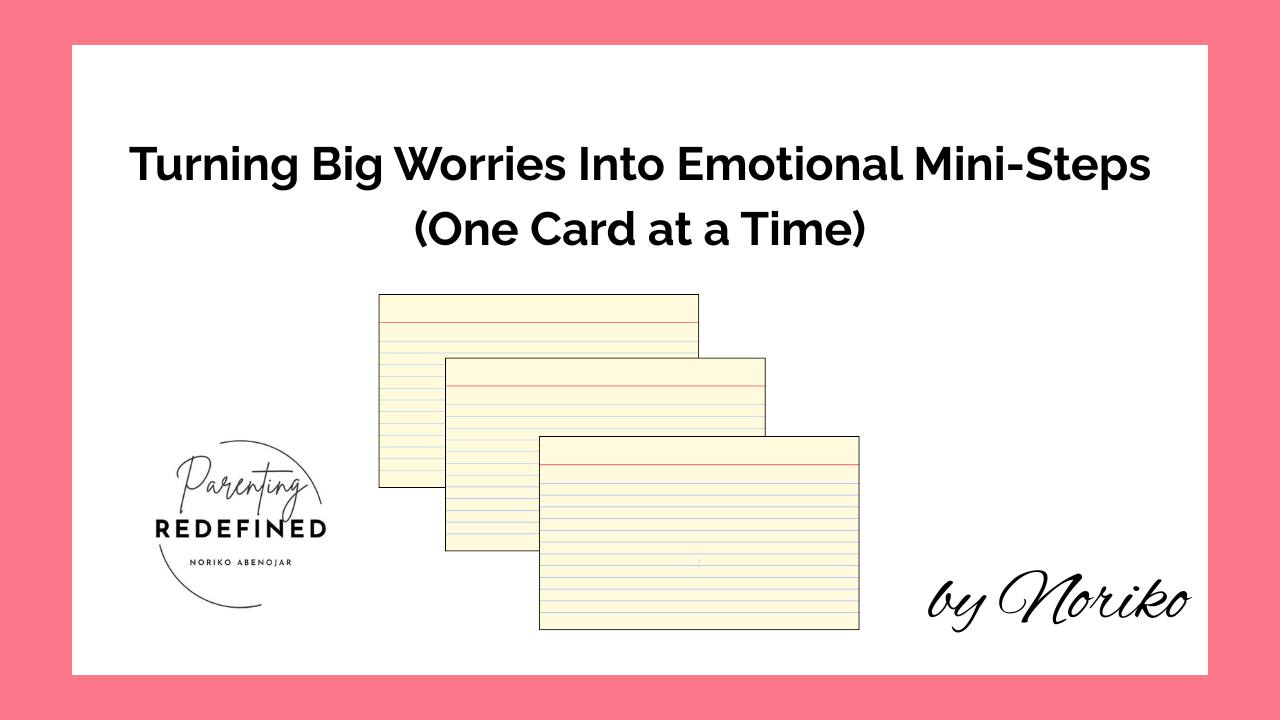
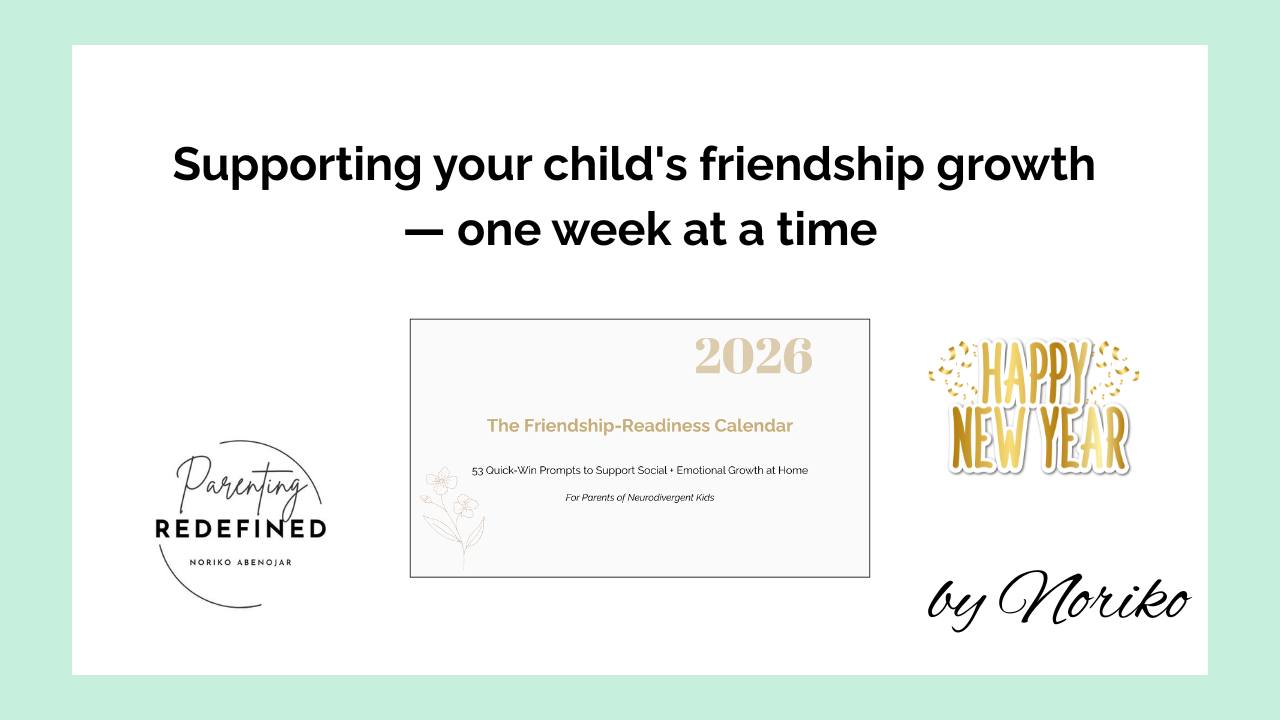
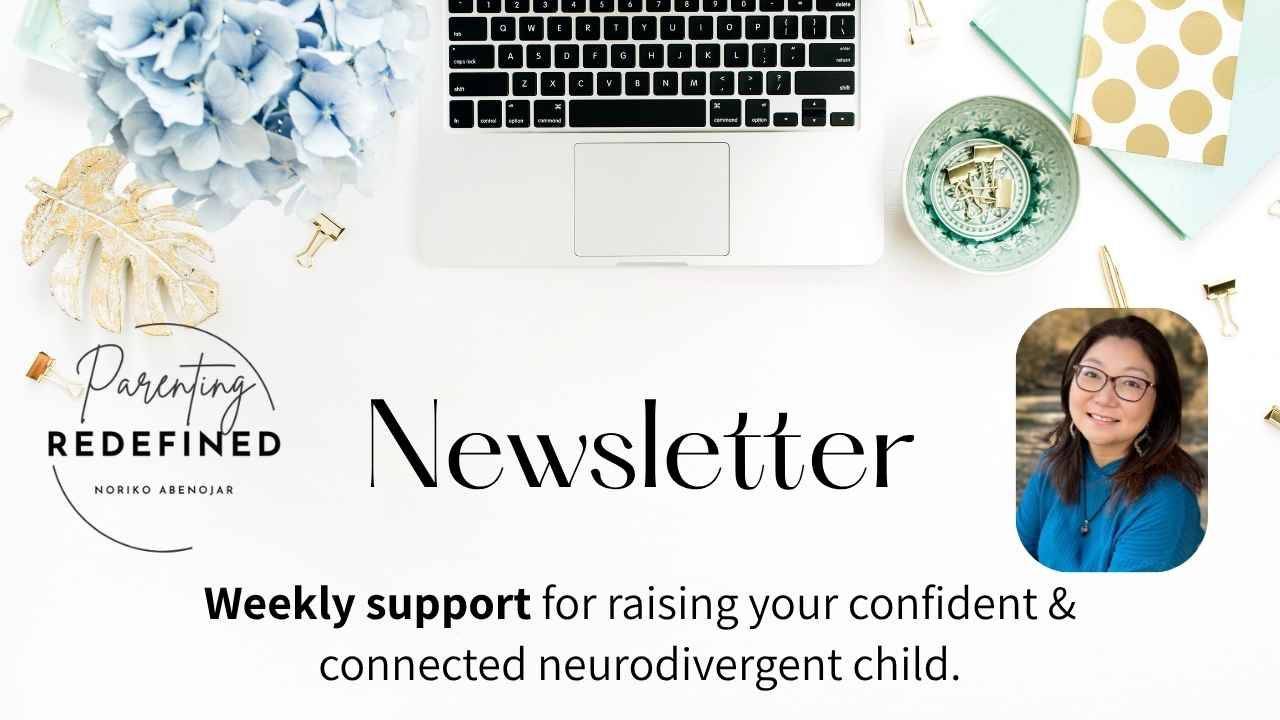

Responses